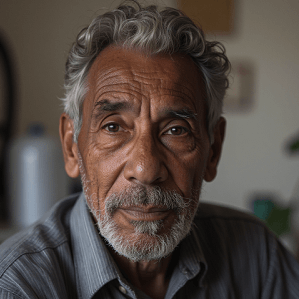A new study has found significant racial and ethnic disparities in the adoption of percutaneous coronary intervention (PCI) services by U.S. hospitals between 2000 and 2020. Researchers from the University of California San Francisco and Naval Postgraduate School examined how hospitals across different communities implemented this life-saving heart procedure.
The study revealed that hospitals serving Black, racially segregated communities were 48 percent less likely to adopt PCI services compared to those in non-Black, racially segregated areas. Similarly, hospitals in Hispanic, ethnically segregated communities were 41 percent less likely to offer PCI services than those in non-Hispanic, ethnically segregated communities.
PCI is a critical procedure for opening blocked arteries and restoring blood flow to the heart during a heart attack. Timely access to hospitals offering this service can mean the difference between life and death for patients.
The research, published in Health Affairs, analyzed 5,260 U.S. general acute hospitals. By 2020, 1,621 hospitals offered PCI services, with 630 adding the service between 2001 and 2010, and 225 between 2011 and 2020.
The study also found disparities based on income and rurality. Hospitals in high-income, economically integrated communities were 1.8 times more likely to adopt PCI services than those in high-income, economically segregated areas. Rural hospitals were less likely to offer PCI services compared to urban hospitals.
The researchers emphasize the importance of understanding where services are expanding in relation to community need to guide successful policy interventions and address these structural inequities in healthcare access.



